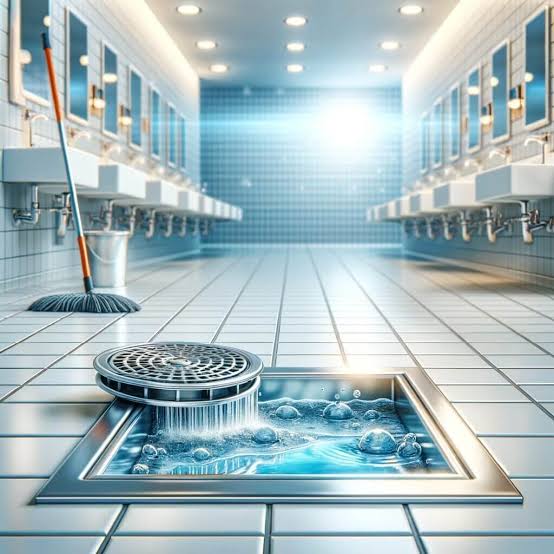Your floor trap might not be something you think about often, but it’s crucial for maintaining a clean and functional plumbing system in your home. Located under the floor trap grating, it serves as a defense against foul odors and prevents waste from causing clogs. However, even a well-maintained floor trap can become blocked over time. In this guide, we’ll explore the common causes of blockages, practical methods for unclogging, and preventive measures to keep your floor trap clear.
You can click here https://www.plumbersingapore.org/clear-floor-trap-choke/ to learn in more detail about this issue.
Causes Of a Choked Floor Trap:
Understanding why floor traps get clogged is critical to preventing future issues. Here are some common culprits:
- Hair: Strands of hair can gather in the floor trap, especially after showers, mixing with other debris to form blockages.
- Soap: Residual soap left behind can build up in the trap, creating a sticky excess that traps other debris.
- Grease: Kitchen floor traps are particularly prone to grease buildup, leading to stubborn clogs over time.
- Dirt and Dust: These substances, when mixed with water, can solidify and block the floor trap.
- Foreign Objects: Dead insects and solid food waste, if not removed swiftly, can block the trap.
How To Fix a Choked Floor Trap:
When faced with a blocked floor trap, several methods can help clear the block:
- Plunger: Use a plunger to dislodge the blockage by creating air pressure and allowing water to drain correctly.
- Homemade Declogger: Create a solution with vinegar, baking soda, and lemon to dissolve dirt and soap residue.
- Commercial Declogger: Utilize a strong chemical drain cleaner for stubborn blockages.
- Plumbing Snake: Insert a plumbing snake into the drain to break up and remove the obstruction.
Professional Plumber: If DIY methods fail, enlist the help of a professional plumber like plumbersingapore.org with specialized tools and expertise.
How To Prevent from Getting Choked:
Prevention is the best approach to avoid floor trap blockages. Here’s how:
- Regular Cleaning: Clean the floor trap regularly using boiling water and homemade declogging solutions to prevent grease and debris buildup.
- Proper Disposal: Do not pour grease and oil down the floor trap; dispose of them in a container instead. Also, refrain from flushing dirt, debris, or food waste down the drain.
- Install Waste Catchers: Use waste catchers to intercept hair and soap, preventing them from causing blockages in the floor trap.
Conclusion:
Maintaining a clear floor trap is essential for preventing drainage issues and foul odors in your home. You can guarantee a smooth-flowing plumbing system and avoid the inconvenience of dealing with a choked floor trap by realizing the causes of blockages, utilizing effective unclogging methods, and implementing preventive measures.
For those considering upgrades or renovations to their bathroom fixtures, including shower replacement, ensuring a seamless and efficient plumbing system is crucial. This not only enhances the aesthetic appeal of your bathroom but also contributes to the overall functionality and comfort of your home.
FAQs
What are the signs of a choked floor trap?
Signs of a choked floor trap include slow drainage, foul odors emanating from drains, gurgling sounds from plumbing fixtures, and water backup in sinks, showers, or toilets.
How much does it cost to get a plumber to fix a choked floor trap?
The cost of hiring a plumber to fix a choked floor trap can vary depending on the severity of the blockage, the plumber’s rates, and any additional repairs needed. On average, expect to pay anywhere from $100 to $300 for professional plumbing services related to floor trap blockages. However, prices may fluctuate based on location and specific circumstances.




